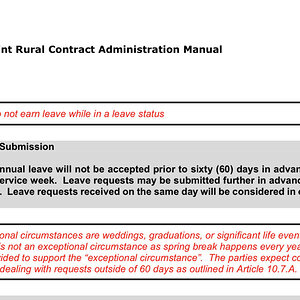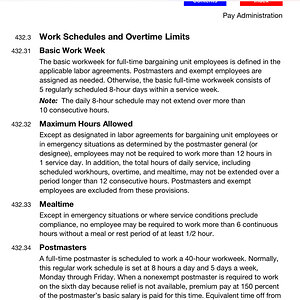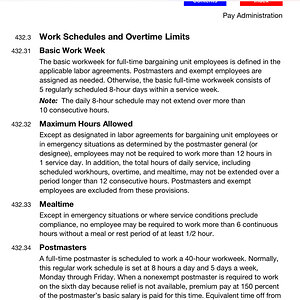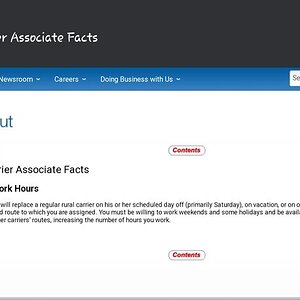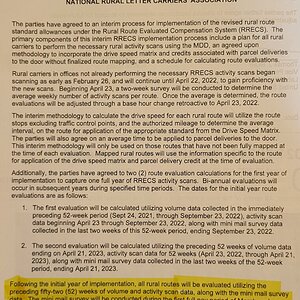You are using an out of date browser. It may not display this or other websites correctly.
You should upgrade or use an alternative browser.
You should upgrade or use an alternative browser.
Today's news flash from nrlca
- Thread starter klutz
- Start date
<blockquote class="spPostEmbedQuote"><strong>Gotrope said </strong>
Retirement is based on your highest 36 month wage earnings. I'm table 1 and my highest was 5 years ago. It doesn't matter when you retire. Years of service and high 3 are the formula. Staying longer is a choice that only adds to your retirement. </blockquote>
Hey Go....I hope you are correct. I don't have a citation but it sticks in my crumbling brain that the high three has to be within a certain amount of years just before you retire. Anybody have a definitive answer?
ps...this is why we are lucky to have this site.... We can help each other.. It doesn't matter to me...I just retired....But I care just as much for my brothers and sisters still working. This info could be very important to some of them...<img alt="" src="my photos" width="5" height="5" />
Retirement is based on your highest 36 month wage earnings. I'm table 1 and my highest was 5 years ago. It doesn't matter when you retire. Years of service and high 3 are the formula. Staying longer is a choice that only adds to your retirement. </blockquote>
Hey Go....I hope you are correct. I don't have a citation but it sticks in my crumbling brain that the high three has to be within a certain amount of years just before you retire. Anybody have a definitive answer?
ps...this is why we are lucky to have this site.... We can help each other.. It doesn't matter to me...I just retired....But I care just as much for my brothers and sisters still working. This info could be very important to some of them...<img alt="" src="my photos" width="5" height="5" />
klutz et al -- "I don’t have a citation but it sticks in my crumbling brain that the high three has to be within a certain amount of years just before you retire. Anybody have a definitive answer?"
-- From the opm.gov/retire web site: in part --
Your "high-3" average pay is the highest average basic pay you earn during <strong>any</strong> 3 consecutive years of service. These three years are usually your final three years of service, but can be an earlier period, if your basic pay was higher during that period.
-- From the opm.gov/retire web site: in part --
Your "high-3" average pay is the highest average basic pay you earn during <strong>any</strong> 3 consecutive years of service. These three years are usually your final three years of service, but can be an earlier period, if your basic pay was higher during that period.
Share:



